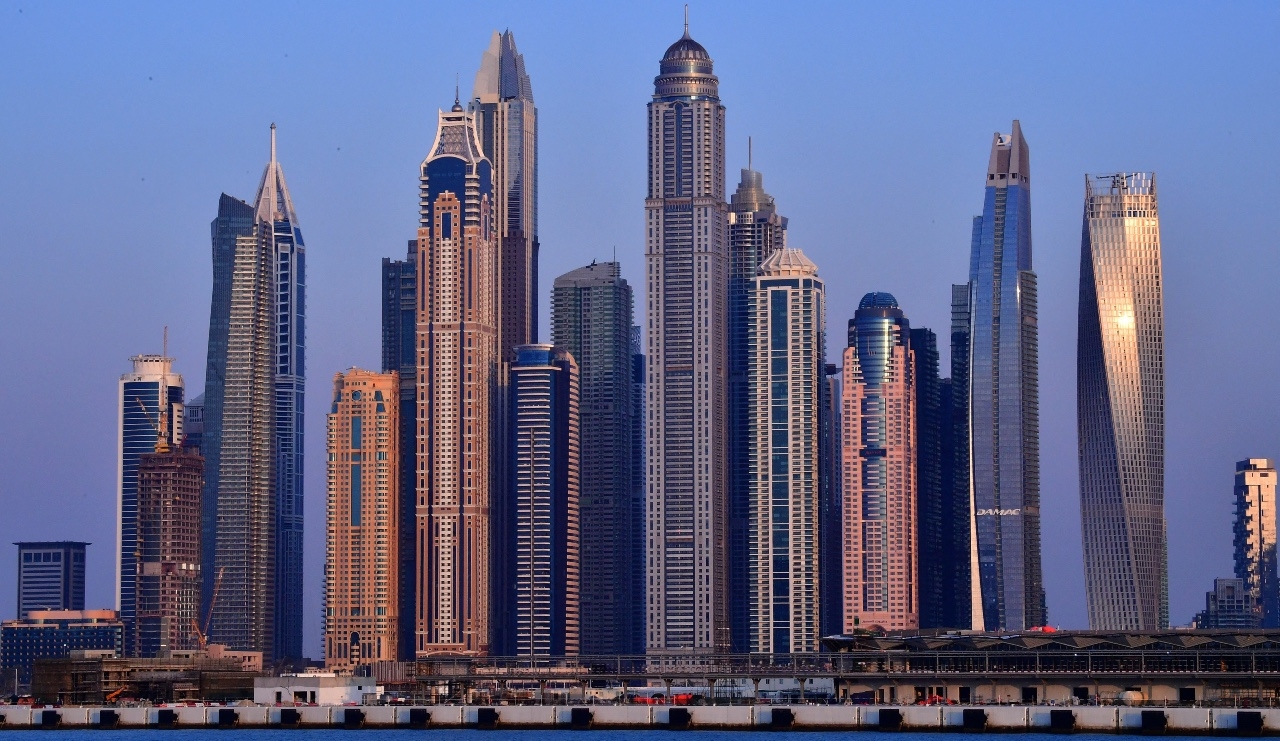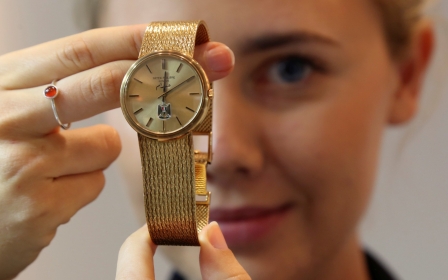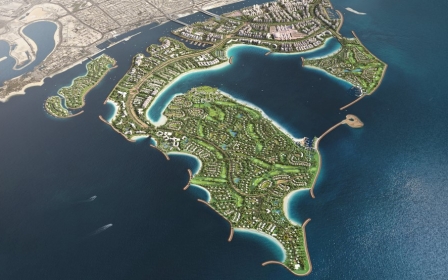Dubai lays out massive $8.7tn economic plan

Dubai on Wednesday announced a massive $8.7tn economic plan that aims to double its trade and investments over the next decade and cement its status as a global business hub.
“Dubai will rank as one of the top four global financial centers with an increase in FDI to over AED 650 billion ($177 bn) over the next decade,” Sheikh Mohammed bin Rashid Al Maktoum, the ruler of Dubai, said in a tweet announcing the plan.
Dubai lacks the oil and gas wealth of neighbouring Abu Dhabi. It emerged as an economic success story by promoting itself as a low-tax and western-friendly business hub for the region.
The economic model was turbocharged during the pandemic, when tech workers, bankers and social media influencers flocked to the emirate to escape Covid restrictions and higher taxes in the West. The war in Ukraine has prompted an influx of wealthy Russians looking to evade sanctions.
New MEE newsletter: Jerusalem Dispatch
Sign up to get the latest insights and analysis on Israel-Palestine, alongside Turkey Unpacked and other MEE newsletters
Saudi Arabia’s rush to implement social reforms to make itself a more popular destination for foreigners has prompted competition with its smaller neighbour. This week Dubai announced that it was scrapping a 30 percent tax on alcohol. Last year, the UAE ended a ban on unmarried couples living together and moved its working week to Monday-Friday.
Tourism is a key sector of Dubai’s economy. Tourist numbers grew more than 180 percent in the first half of 2022, compared to the same period last year.
As the competition with Saudi Arabia heats up, the emirate says it is positioning itself to be one of the top three economic cities in the world, with plans to boost foreign trade to 25.6 trillion dirhams from 14.2 trillion dirhams over the next decade and double its annual foreign direct investment to 60 billion dirhams yearly.
The new plan also looks to capitalise on the emirate’s strong position in manufacturing and logistics by boosting government spending to 700 billion dirhams over the next 10 years.
The plans, however, are likely to face global economic headwinds. The World Bank predicts global economic growth to slow this year and 1/3 of the world to dip into recession.
Dubai continued its post-pandemic economy recovery in 2022, posting a strong 4.6 percent growth rate in the first nine months of last year.
Middle East Eye delivers independent and unrivalled coverage and analysis of the Middle East, North Africa and beyond. To learn more about republishing this content and the associated fees, please fill out this form. More about MEE can be found here.




